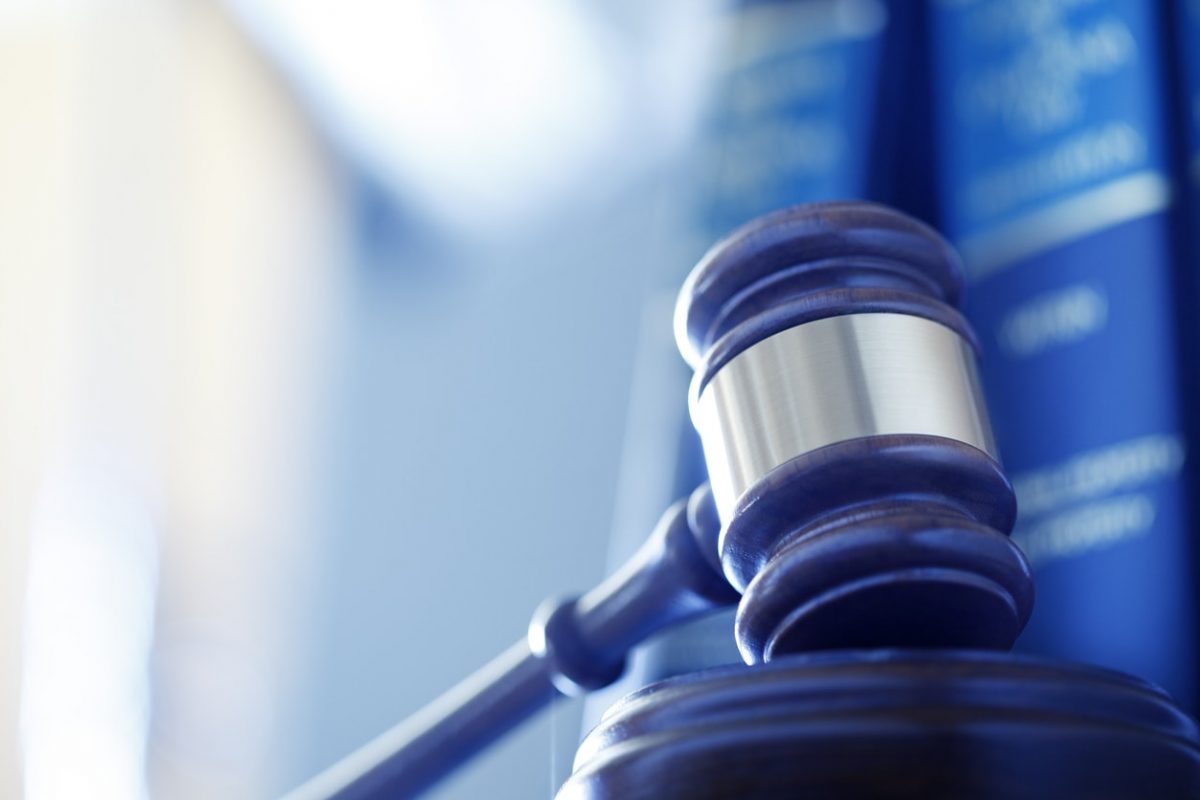Court Acknowledges WQIS’s Experience & Credibility in Decision Interpreting Extent of Defense Costs Amongst Primary and Excess Insurers

On November 7, 2018, the U.S. District Court for the Southern District of New York issued an interesting opinion addressing the issue of when a Primary Marine Insurer’s duty to pay defense costs ends in relation to the exhaustion of the primary policy liability limits under the insurance contract. In American Commercial Lines, LLC, et al. v. Water Quality Insurance Syndicate, No. 09 cv 7957 (S.D.N.Y. November 7, 2018), the court resolved protracted litigation and answered the issue in WQIS’s favor.
Incident Facts
This case arose out of a fuel spill that occurred on July 23, 2008. ACL’s barge DM 932 was involved in a collision with the tanker TINTOMARA. The DM 932 discharged approximately 300,000 gallons of fuel into the Mississippi River. ACL was designated a responsible party pursuant to the Oil Pollution Act of 1990. Until being overshadowed by the DEEPWATER HORIZON incident, the DM 932 was recognized as one of the largest marine pollution incidents in U.S. history, affecting both sides of the Mississippi River for 100 miles. As ACL’s Primary Marine Pollution Insurer WQIS actively engaged in the response to the spill, supplying Spill Managers from its Marine Pollution Response Group Team and funding response efforts until Primary Policy limits for response and recovery were exhausted. Excess Insurers then assumed funding for the response.
Various litigation ensued including a trial on liability, U.S. Government action to recover its own response and removal costs which exceeded $20M, and various third party claims. The total cost of response currently exceeds $90M.
Case History
Coverage A of the WQIS Policy, in effect at the time, covered ACL for various liabilities imposed under the Oil Pollution Act of 1990 (“OPA ’90”) connected with the discharge or substantial threat of discharge of oil into navigable waters and certain other areas. (Water Quality Insurance Syndicate Policy Form 2007). Coverage C required WQIS to reimburse ACL for “costs and expenses incurred by ACL with the prior consent of WQIS for investigation of, or defense against, any liabilities covered under Coverage A.
The $5,000,000 limit of indemnity per vessel under WQIS Coverage A was exhausted on August 27, 2008, a little over one month after the spill took place.
In 2009, ACL and its Excess Insurers brought suit to recover expenditures for the costs of defending and investigating pollution claims (“defense costs”) under Coverage C of the WQIS Policy, both for the period before August 27, 2008 and for the continuing period after that date.
The parties filed cross-motions for partial judgment on the pleadings. On March 29, 2010, the then presiding District Court Judge granted plaintiffs’ motion for partial judgment on the pleadings, finding that the language of the Policy was unambiguous and that under Coverage C, WQIS was obligated to pay defense costs even after the Coverage A indemnity limit had been reached. American Commercial Lines LLC v. Water Quality Insurance Syndicate, No. 09 Civ. 7957, 2010 WL 1379763, (S.D.N.Y. March 29, 2010). The parties cross-appealed from the judgment. On February 10, 2017, by Summary Order, the Second Circuit held that Coverage C of the WQIS Policy was ambiguous. American Commercial Lines LLC v.Water Quality Insurance Syndicate, 679 F. App’x 11, 14 (2d Cir. 2017). The Second Circuit vacated the district court’s judgment to the extent it granted partial judgment on the question of Coverage C’s scope of coverage and remanded the case for further proceedings. The Appellate court explicitly now permitted the entry of necessary and crucial extrinsic evidence in order to properly interpret the Policy and the intent of the parties. Prior to this the evidence was not allowed.
From April 25 to April 27, 2018, the Court presided over a bench trial on the coverage of defense costs under the WQIS Policy form in effect in 2008.
Decision
The court determined that once the coverage limit under section A was reached, ACL no longer had any “liabilities covered”, and therefore WQIS was no longer obligated to cover further defense costs.
The court analyzed and considered the historical relationship between the parties, the purchase of insurance, industry customs, ACL’s comprehensive excess insurance coverage, actions taken by the parties during and after the spill, and payments made / reimbursed by WQIS. None of the evidence presented by plaintiffs supported their position that WQIS should pay defense costs without limit. The corresponding evidence put forth by WQIS was wholly consistent with how commercial marine insurance structures operate.
ACL itself never considered the relevant Policy limitless, and in fact ACL conceded that the issue did not come up internally at ACL until the summer of 2009 when it was raised by its outside legal counsel.
While affidavits were accepted in evidence by the court at trial, each party had several witnesses testify live.
The court found WQIS’s former President and CEO, Richard Hobbie, and current WQIS Chief Claims Officer Harry Diamond’s testimony quite credible based upon their demeanor, decades of experience, and consistency.
In terms of the parties’ actions and course of conduct, including Excess Insurers, all contemporaneous behavior and documents confirmed the parties understanding that WQIS’s obligation to continue to cover defense costs would not continue after the limit for removal and response was reached.
The decision reinforces WQIS’s historic role as the pre-eminent provider of Primary Marine Pollution Insurance in the USA, explicitly recognizing the experience and credibility of WQIS Claims Management.
For additional information or to request a copy of the Opinion & Order, please contact our claims department:
Harry J. Diamond
Chief Claims Officer
(212) 292-8710
Ryan A. Puttick
AVP, Claims
(212) 292-8709
